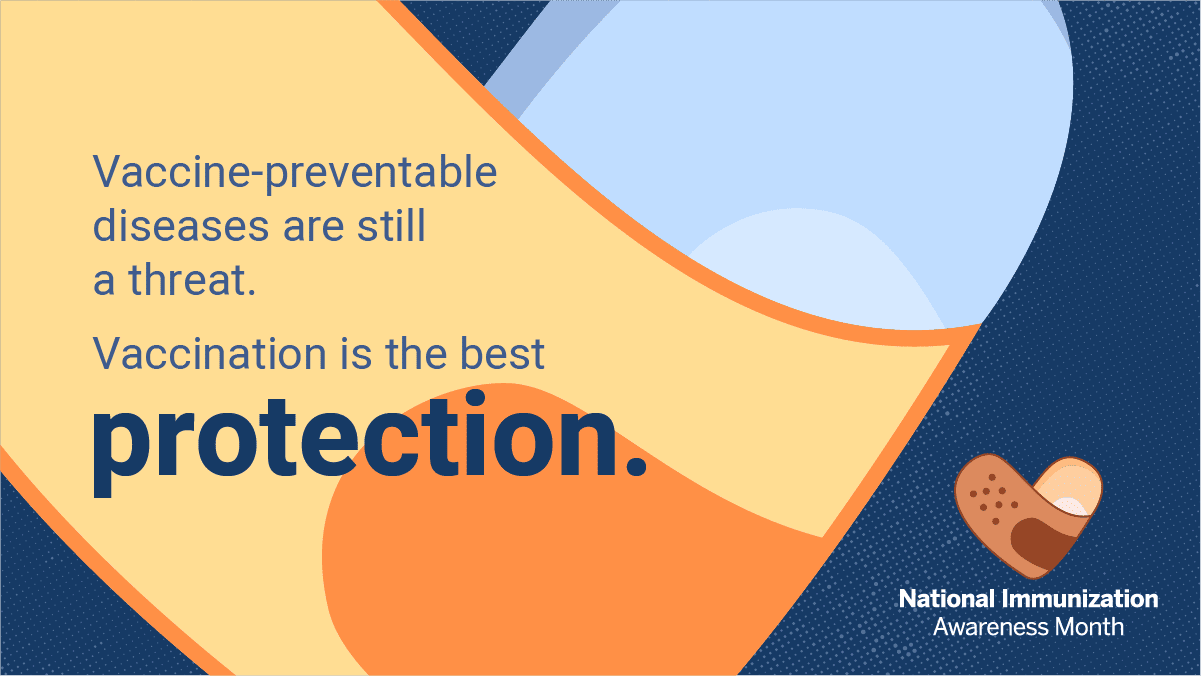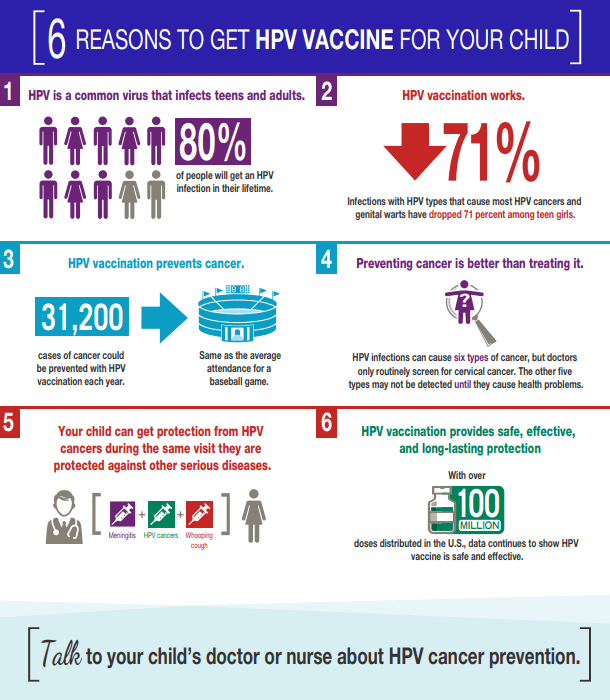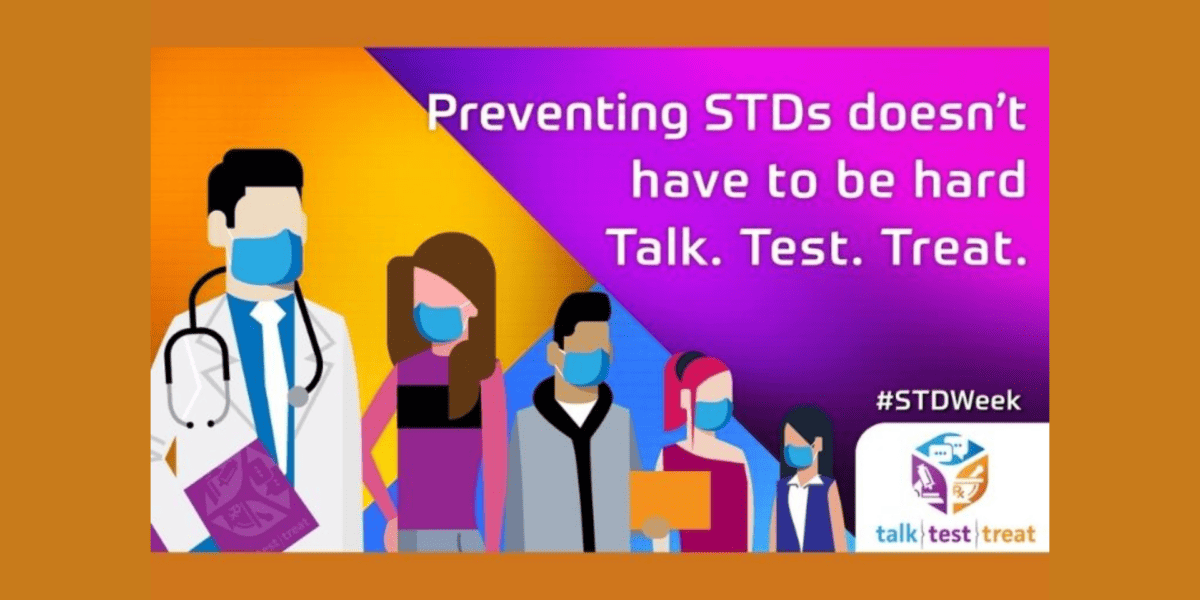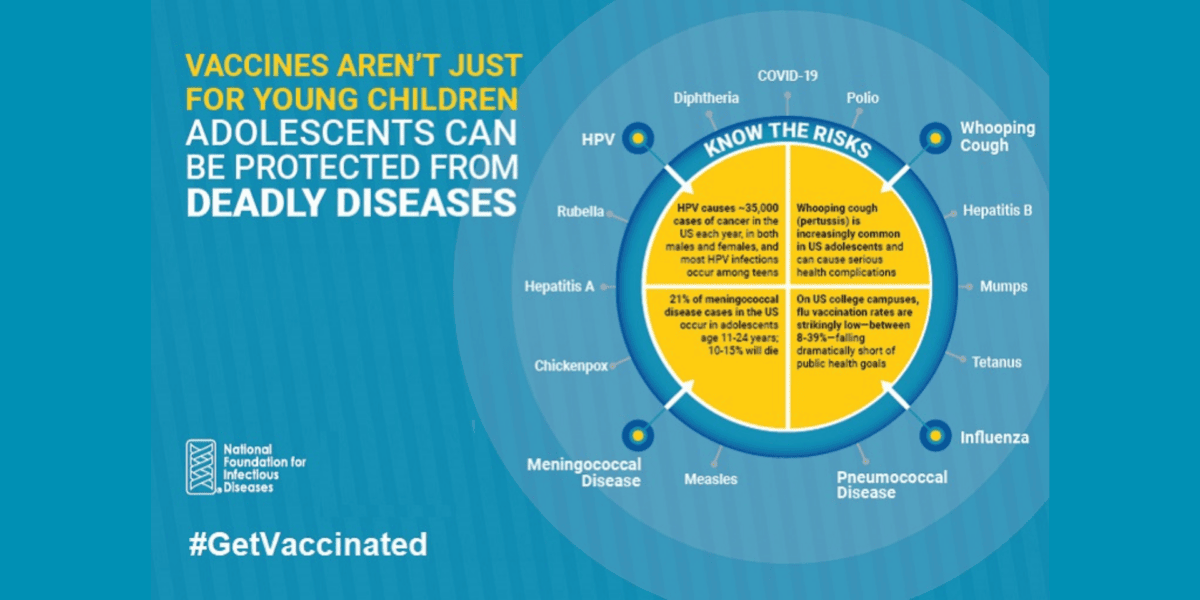
 The Centers for Disease Control and Prevention (CDC) has designated August as National Immunization Awareness Month (NIAM), an annual observance highlighting the importance of vaccination for people of all ages.
The Centers for Disease Control and Prevention (CDC) has designated August as National Immunization Awareness Month (NIAM), an annual observance highlighting the importance of vaccination for people of all ages.
CDC recently released data from the 2018 National Immunization Survey-Teen (NIS-Teen) indicating that while overall US teen vaccine coverage has increased, more education and stronger provider recommendations are needed to boost human papillomavirus (HPV) vaccination rates.
The CDC Advisory Committee on Immunization Practices (ACIP) recommends routine vaccination of boys and girls age 11-12 years to protect against HPV-related cancers, meningococcal disease, and pertussis. The 2018 NIS-Teen data found that although adolescent vaccination coverage in the US continued to improve for meningococcal vaccines and remained high for Tdap, HPV vaccination rates for boys increased only slightly (4.4%) and showed no increase among girls. Overall, only 51% of adolescents age 13-17 years were up-to-date with the complete HPV vaccine series.
In a podcast interview with Infectious Diseases Consultant, NFID President Joseph A. Bocchini, Jr., MD, noted “HPV vaccine is very important—it is a critical component of our routine vaccination schedule for all children…this vaccine prevents cancer.”
In the US, more than 30,000 women and men are diagnosed with an HPV-related cancer each year. HPV infection causes nearly all cervical cancers. Although the rate of cervical cancer has decreased due to screening, more than 10,000 new cases are diagnosed and 4,000+ women die from cervical cancer in the US annually.
 Healthcare professionals need to understand the rationale for giving HPV vaccine to 11- and 12-year-olds and should be prepared to answer parents’ questions. “The advantage of giving the vaccine at 11-12 years of age is that it is an age before a person is likely to be exposed to HPV,” said Dr. Bocchini. “In addition, other vaccines are also recommended at this time (meningococcal vaccine and Tdap), so all the vaccines needed can be given during this visit and a second HPV vaccine dose can also be scheduled.”
Healthcare professionals need to understand the rationale for giving HPV vaccine to 11- and 12-year-olds and should be prepared to answer parents’ questions. “The advantage of giving the vaccine at 11-12 years of age is that it is an age before a person is likely to be exposed to HPV,” said Dr. Bocchini. “In addition, other vaccines are also recommended at this time (meningococcal vaccine and Tdap), so all the vaccines needed can be given during this visit and a second HPV vaccine dose can also be scheduled.”
Research from CDC found that adolescents whose parents reported having received a strong healthcare professional recommendation were more likely to have received HPV vaccination compared with adolescents whose parents did not report a provider recommendation.
For more information about adolescent vaccines:
- Download the NFID infographic, Adolescents Can Be Protected from 14 Deadly Diseases
- View the CDC #HowIRecommend Vaccination Video Series
- Share the NFID adolescent vaccination public service announcement video
To join the conversation and get the latest news on infectious diseases, follow NFID on Twitter and join the conversation using #IVax2Protect, like us on Facebook, follow us on Instagram, join the NFID Linkedin Group, and subscribe to receive future NFID Updates.
Related Posts

Protecting Children as They Head Back to School
As school gets underway, experts from the National Foundation for Infectious Diseases (NFID) offer insights on childhood immunization

Lifelong Conversations about Sexual Health
Teen Health Week is April 4-10, 2022, and STD Awareness Week is April 10-16, 2022, both of which provide an opportunity for healthcare professionals to begin lifelong conversations with patients about sexual health and the importance of staying up to date on all recommended vaccines …

Vaccines Are Not Just for Young Children
CDC recommends vaccinations from birth to adulthood to provide a lifetime of protection. Yet many adolescents are not vaccinated as recommended, leaving them unnecessarily vulnerable. International Adolescent Health Week (March 20-26, 2022) is a perfect time to make sure that pre-teens and teens are up to date on all recommended vaccines …
